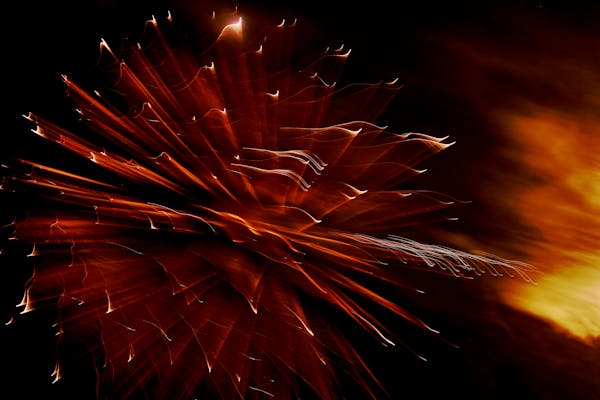Metaphysical Poetry: The Intellectual Elegance of the 17th Century
Metaphysical poetry, a distinct and intellectually rich genre that emerged during the 17th century, stands as a testament to the power of language, intellect, and poetic exploration. Known for its intricate conceits, metaphysical poetry challenges the boundaries of traditional poetic expression. In this academic note, we delve into the defining characteristics, key poets, and the enduring influence of metaphysical poetry.
1. Characteristics of Metaphysical Poetry:
Complex Conceits: Metaphysical poets are renowned for their use of elaborate conceits—extended metaphors that draw unexpected connections between dissimilar ideas. These conceits often require readers to think deeply and make intellectual leaps.
Intellectual Engagement: Metaphysical poetry is marked by its intellectual rigor. Poets engage with abstract ideas, philosophical concepts, and paradoxes. They challenge the reader's intellect and demand active participation in understanding the poem.
Unconventional Imagery: Metaphysical poets employ striking and unconventional imagery. They draw from various fields of knowledge, including science, philosophy, and theology, to create vivid and unexpected images.
Exploration of Love and Spirituality: While metaphysical poetry delves into a wide range of themes, love and spirituality are central. Poets grapple with the complexities of love, often in a religious or divine context, and explore the relationship between the physical and spiritual realms.
2. Prominent Metaphysical Poets:
John Donne (1572-1631): Often considered the quintessential metaphysical poet, Donne's work is marked by its wit, intellect, and exploration of love, death, and spirituality. His poem "A Valediction: Forbidding Mourning" is a prime example of metaphysical poetry.
George Herbert (1593-1633): Herbert's poetry combines religious devotion with metaphysical conceits. His collection "The Temple" explores themes of faith, salvation, and divine love.
Andrew Marvell (1621-1678): Marvell is known for his witty and intellectual approach to metaphysical themes. His poem "To His Coy Mistress" exemplifies the metaphysical style.
Henry Vaughan (1621-1695): Vaughan's poetry is often associated with his mystical and spiritual explorations. His work reflects a deep sense of introspection and religious yearning.
3. Influence and Legacy:
Metaphysical poetry, while not initially popular in its time, has had a lasting impact on the course of English poetry. It laid the groundwork for the development of conceit and intellectual engagement in later poetic movements.
4. Notable Works:
John Donne's "A Valediction: Forbidding Mourning"
George Herbert's "The Collar" and "Love (III)"
Andrew Marvell's "To His Coy Mistress"
Henry Vaughan's "The World"
In conclusion, metaphysical poetry stands as a testament to the intellectual prowess of its poets and their ability to craft verses that challenge, engage, and inspire. It continues to be celebrated for its intricate language, profound exploration of love and spirituality, and its enduring influence on subsequent generations of poets and readers.
